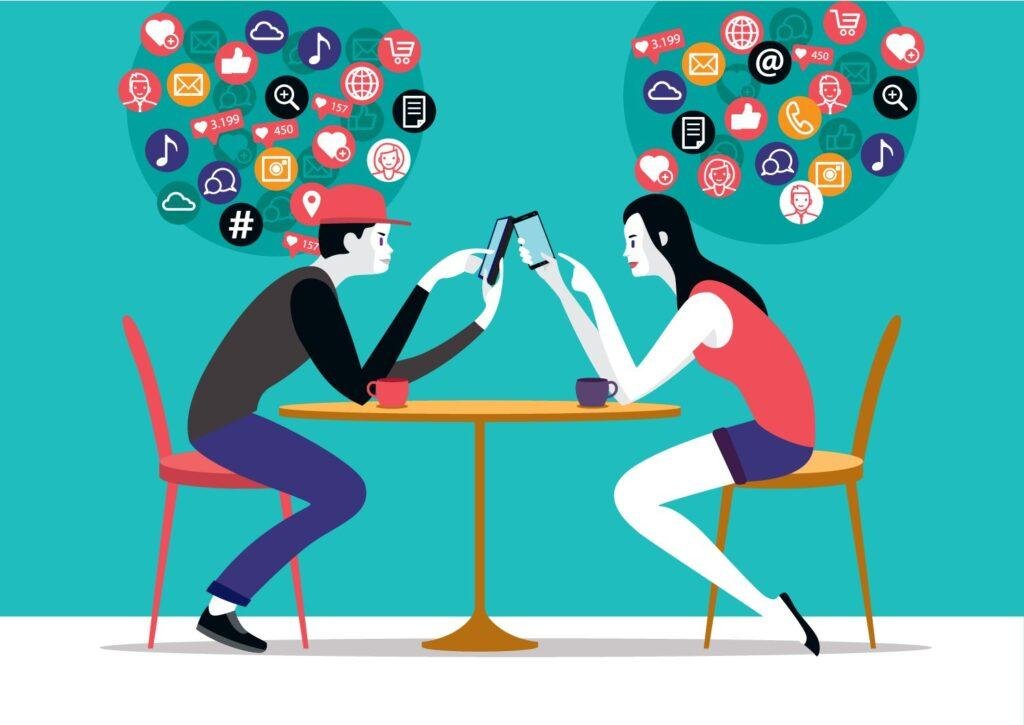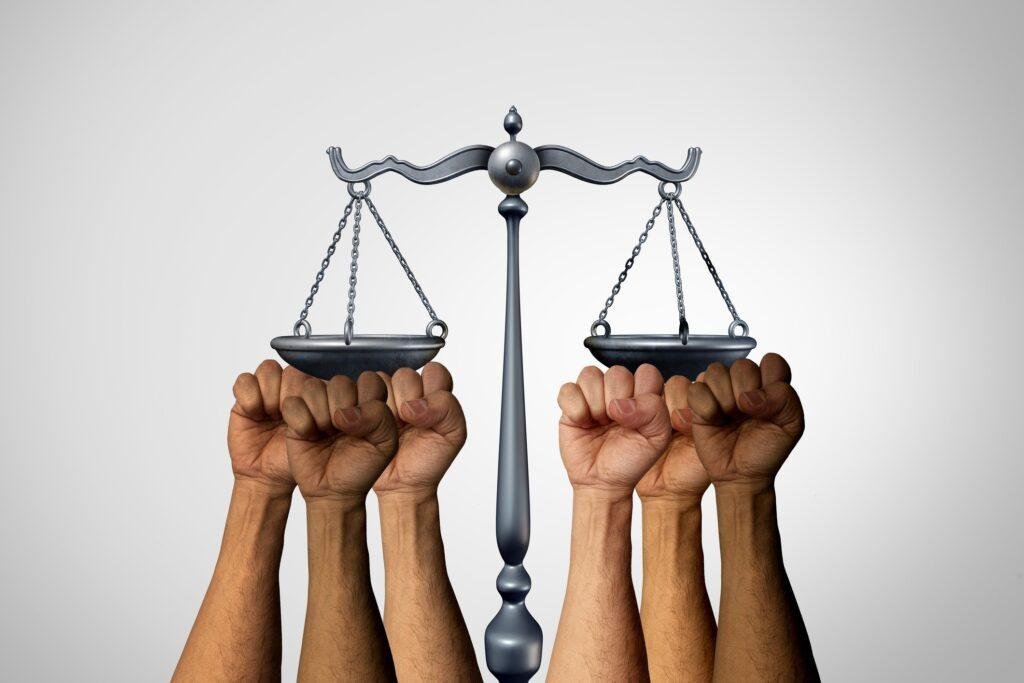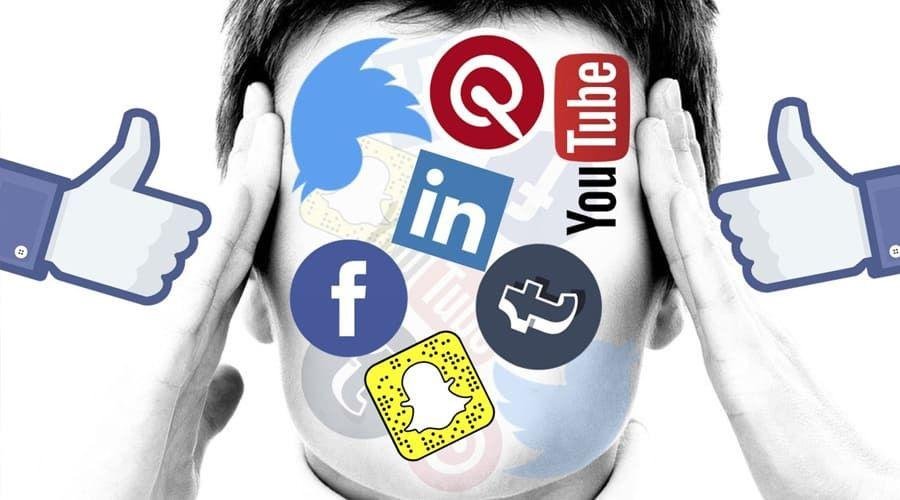Social Media and Cultural Exchange
Social media has become an integral part of modern life, connecting people from all over the world and facilitating cultural exchange on an unprecedented scale.
In this article, we will explore the ways in which social media has facilitated cultural exchange and enriched our understanding of the world.
Social media platforms like Facebook, Twitter, and Instagram have made it easy for people to share their ideas, experiences, and cultures with others, breaking down barriers and promoting cross-cultural understanding.

Bridging Cultural Divides
One of the most significant impacts of social media on cultural exchange is its ability to bridge cultural divides. Social media has made it easier than ever for people from different cultures to connect and share their experiences with one another, breaking down barriers and promoting cross-cultural understanding.
Social media has enabled people from different parts of the world to communicate and learn from each other, promoting the exchange of ideas and the celebration of cultural diversity.
Sharing of Cultural Content
Social media has also made it easier for people to share cultural content with a global audience. YouTube and Instagram are popular platforms for sharing music, art, and cultural expressions, enabling people to showcase talents and promote cultural heritage globally.
For example, YouTube is a global music hub where many artists gain international fame. Instagram is popular for artists sharing visual art and promoting their work to build audiences.
Learning about Other Cultures
Social media has also made it easier for people to learn about other cultures. Social media platforms like Facebook and Twitter offer abundant information about diverse cultures and traditions. Enabling people to learn about various ways of life and cultural practices worldwide.
This information is useful for travelers, helping them prepare for their trips and understand local customs.
Promoting Cultural Awareness
Social media has also played a significant role in promoting cultural awareness and understanding.
Social media platforms like Twitter and Instagram promote cultural events and festivals. Enabling people worldwide to learn about and participate in diverse celebrations.
For example, the hashtag #BlackHistoryMonth allows people to share information about African American history and culture in February. Similarly, the hashtag #PrideMonth is used to promote LGBTQ+ rights and awareness during the month of June.
Fostering Intercultural Dialogue
Social media has facilitated intercultural dialogue, allowing people to discuss differences and learn from one another. Social media platforms like Facebook and Twitter have become popular channels for discussing cultural issues and promoting intercultural understanding.
For example, the hashtag #MeToo has become a global movement, raising awareness about sexual harassment and assault. With people worldwide sharing their stories and supporting one another.
Similarly, the hashtag #BlackLivesMatter has become a global movement. Raising awareness about police brutality and systemic racism, and garnering support for social justice worldwide.
Conclusion
Social media has become an essential tool for facilitating cultural exchange and promoting cross-cultural understanding. Social media has broken down barriers and made it easier from all over the world to connect their experiences. Promoting the exchange of ideas and the celebration of cultural diversity.
By fostering intercultural dialogue and promoting cultural awareness. Social media can positively impact our understanding of the world and how we interact with one another. 바카라사이트











